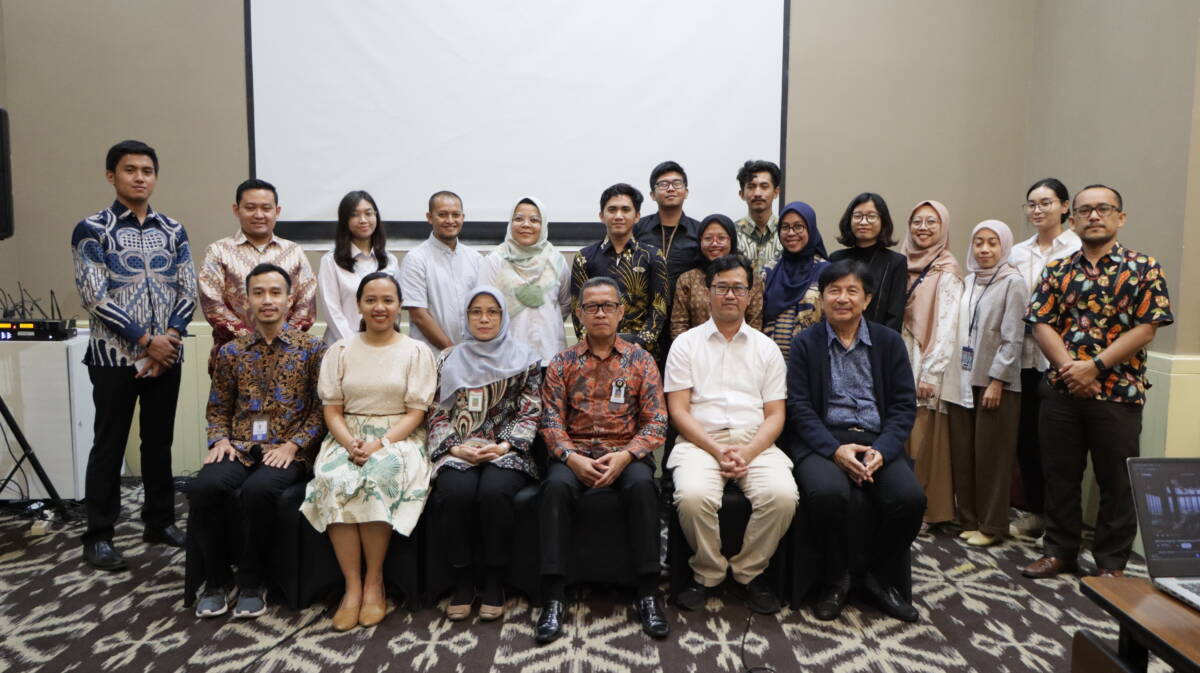Jambi, November 28, 2023 - Local governments play a significant role in promoting the use of renewable energy in their respective regions. This is crucial in achieving the national target for renewable energy mix. Jambi is one region that aims to achieve a renewable energy mix target of 24 percent by 2025 and 40 percent…


